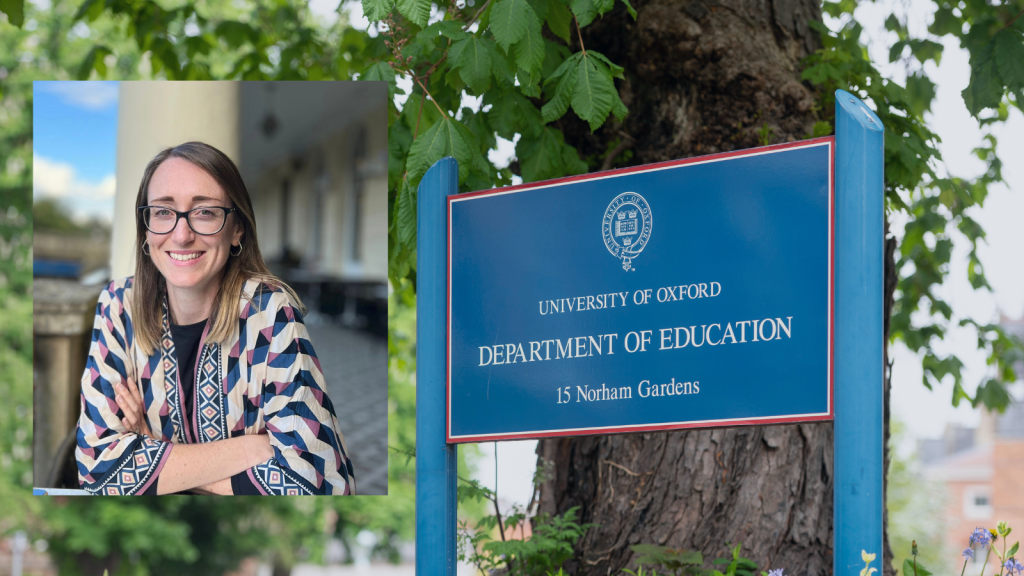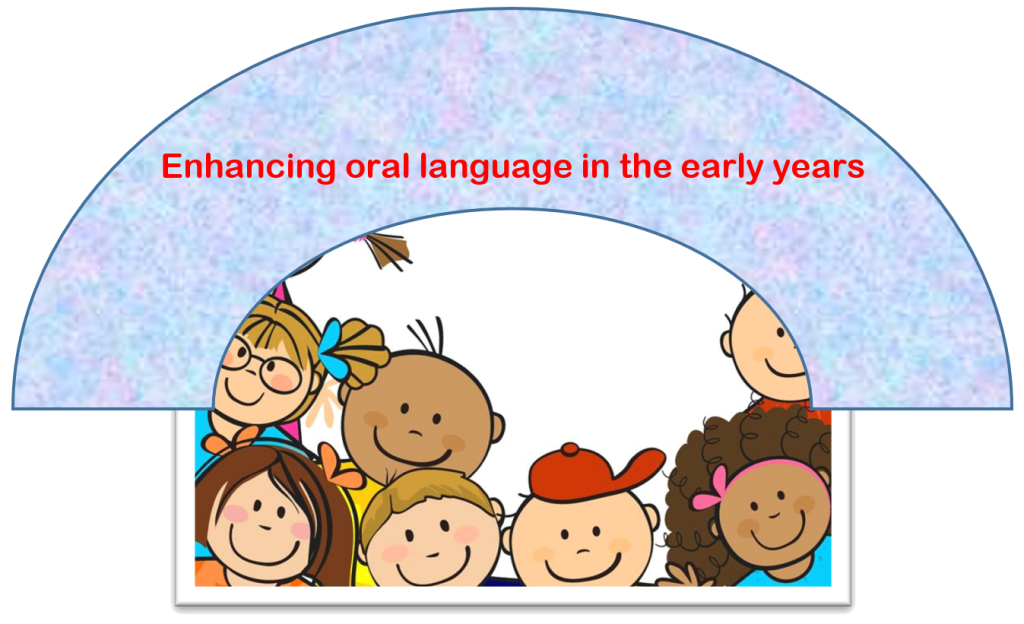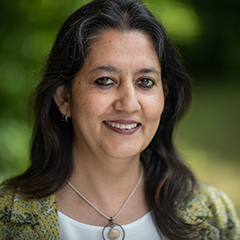The Project
The Study of Early Education and Development (SEED) is a large-scale longitudinal, mixed methods research involving: i) a longitudinal study to follow the progress of over 5,000 children from age 2 until the end of Key Stage 1 (aged 7); ii) a study of 1,000 early years settings attended by the children in the longitudinal study; iii) intensive case studies of good practice in 16 early years settings; iv) a value for money study to quantify and monetise the impacts of early education; v) qualitative studies exploring the experience of childminders on the free entitlement provision, and how the needs of children with special educational needs and/or disability are met.
Oxford’s role within the project, led by the National Centre for Social Research (NatCen), involves advising on the overall direction of the project, and specifically on the evaluation design, instruments/questionnaires and the analytic strategy. Oxford is also training NatCen interviewers in the use of the British Ability Scales (BAS 3) and the project evaluators in using quality assessment instruments, and ensuring quality assurance systems are in place during fieldwork.
Research Reports
www.gov.uk/government/collections/study-of-early-education-and-development-seed
Melhuish E. & Gardiner, J. (2018). Study of Early Education and Development (SEED): Study of Quality of Early Years Provision in England (Revised): Research Report. London: Department for Education.
Journal Articles
Melhuish, E. & Gardiner, J. (2019). Structural factors and policy change as related to the quality of early childhood education and care for 3-4 year olds in the UK. Frontiers in Education, 4, https/doi.org/10.3389/feduc.2019.00035












